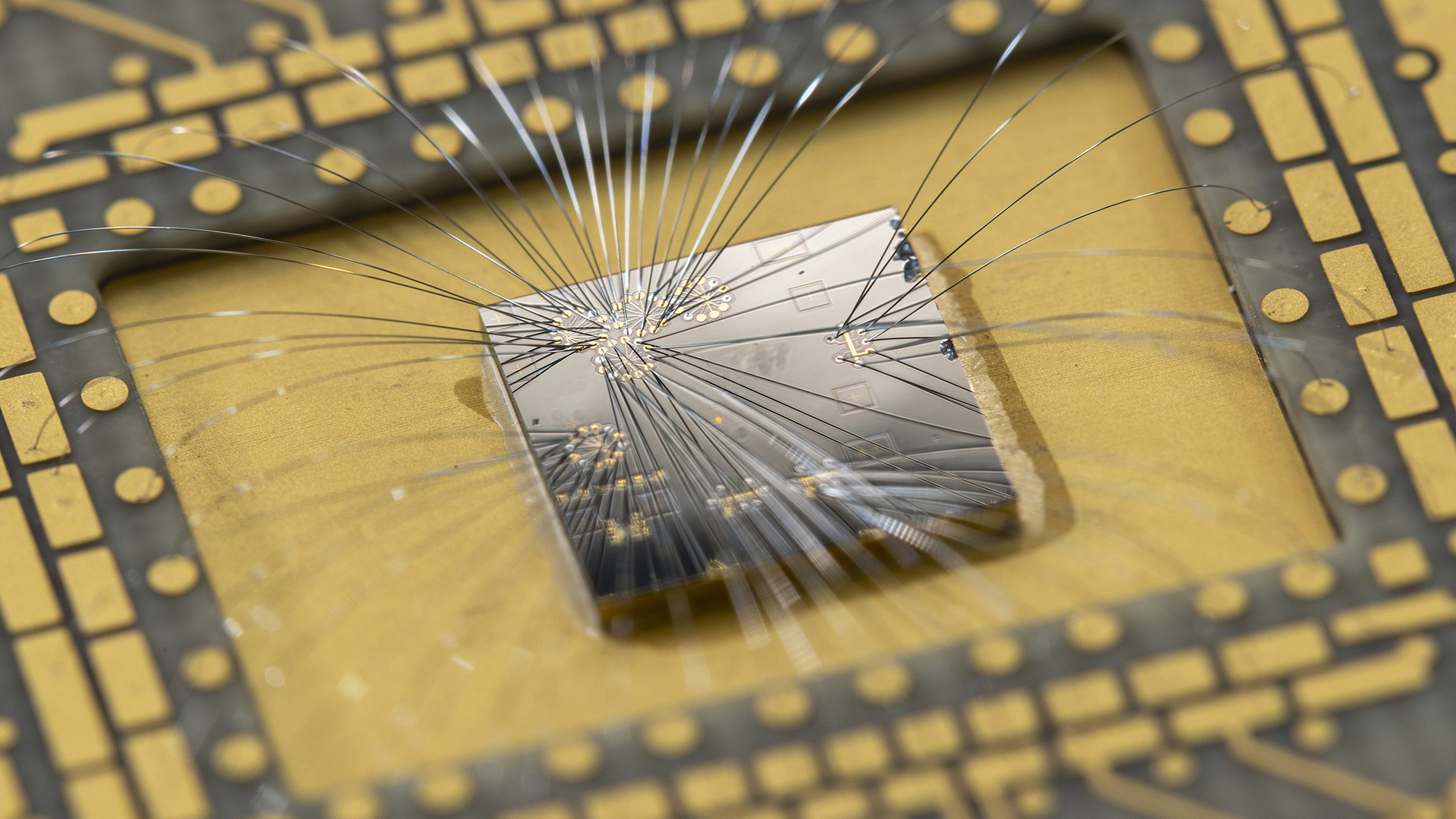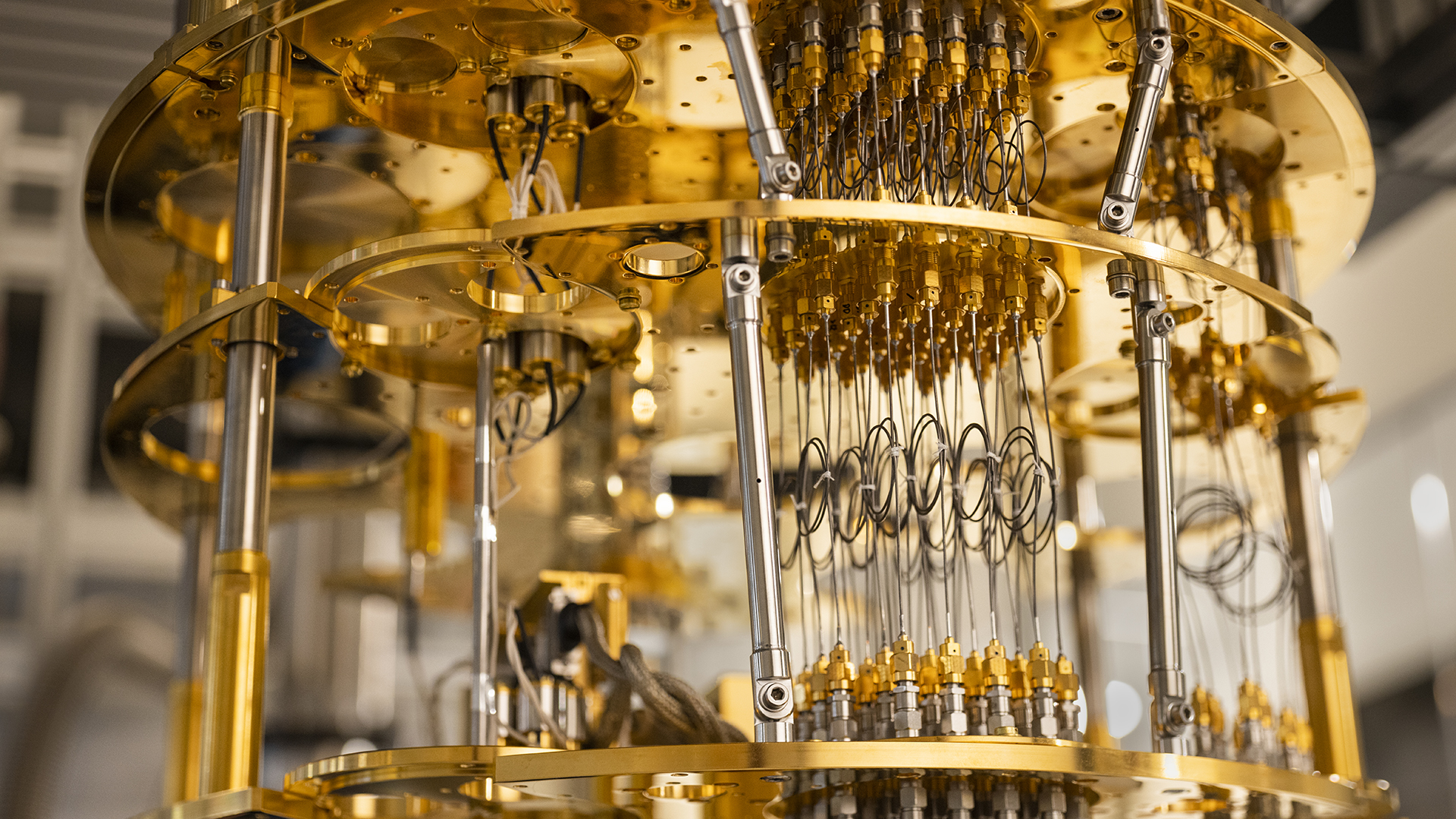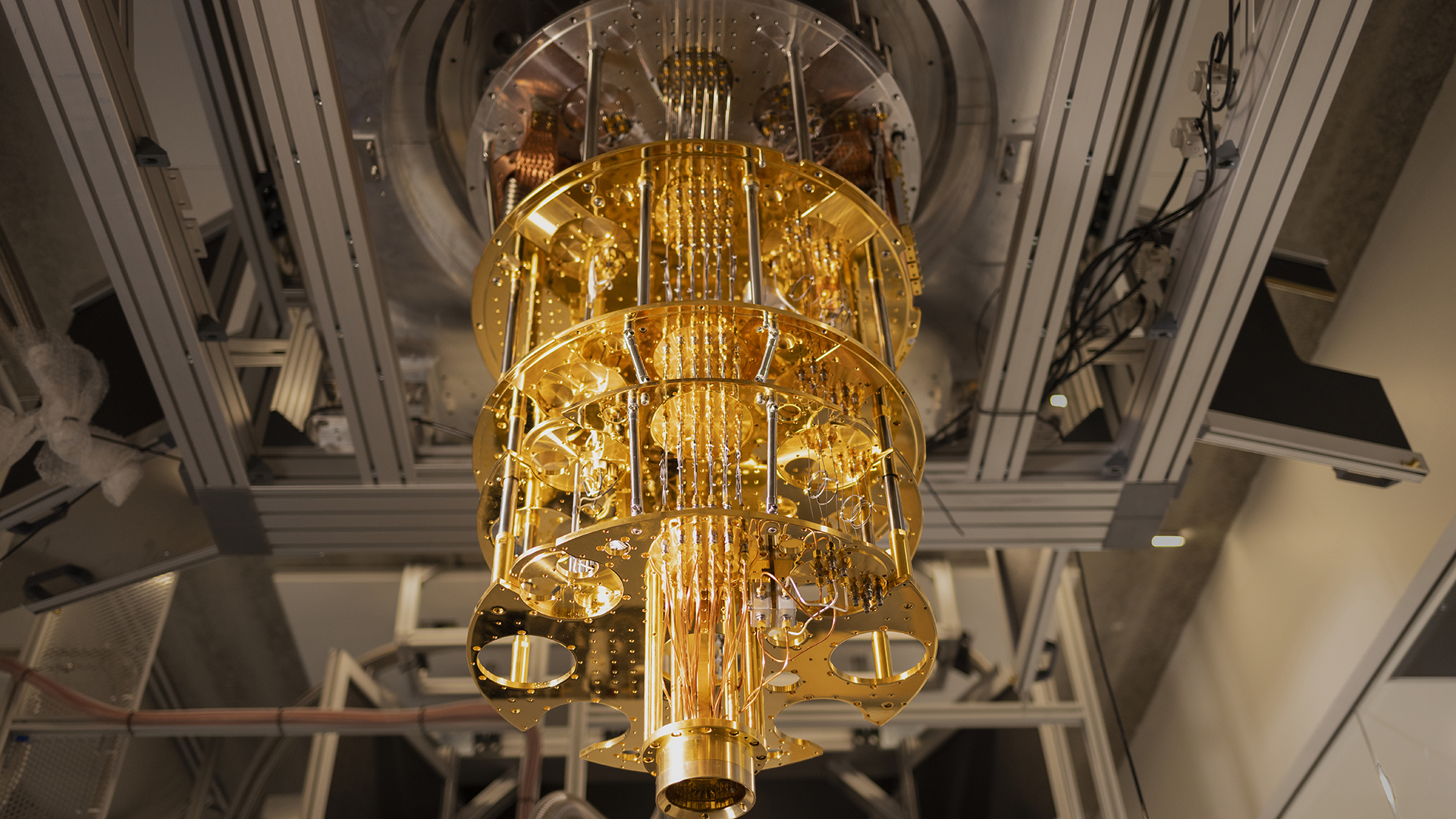
Microsoft yesterday announced its very own roadmap towards building a quantum supercomputer, crystallizing its path along the company's years-long research into topological qubits. Just last year, Microsoft had the breakthrough it "bet" would pay-off out of its research into topological qubits, an (even more) exotic qubit type than usual. Now, the company is saying it can get from the research breakthrough towards a functional quantum supercomputer in less than a decade.
That's according to Microsoft's VP of advanced quantum development, Krysta Svore, who in an interview with TechCrunch said that at Microsoft, "We think about our roadmap and the time to the quantum supercomputer in terms of years rather than decades”.
Now, that's. quite an aggressive "roadmap". Of course, Microsoft has been on the road it has publicly committed to for a while now - the company has advanced its research into quantum computing in numerous other areas, even with the lack of a single, coherent, topological qubit being shown until last year. There are many areas of quantum computing that could be worked on while Microsoft waited for its topological qubits to come to pass - such as control mechanisms, noise reduction, deployment, and others. Areas where the company's research was already aligned with the certainty that they'd actually be able to produce, entangle, and keep them coherent.
"Today, we’re really at this foundational implementation level,” Svore told TechCrunch. "We have noisy intermediate-scale quantum machines. They’re built around physical qubits and they’re not yet reliable enough to do something practical and advantageous in terms of something useful. For science or for the commercial industry. The next level we need to get to as an industry is the resilient level. We need to be able to operate not just with physical qubits but we need to take those physical qubits and put them into an error-correcting code and use them as a unit to serve as a logical qubit.”

Essentially, Microsoft has to do the same work that other companies have been doing on their own qubits: Microsoft has to scale the number of qubits it can deploy; it has to make sure those qubits are resilient (stable) so they can be used for complex calculations; and it has to find ways to reduce the error rate. Microsoft expects it will achieve its quantum supercomputer once it can reach a rate of one million quantum operations per second, with a failure rate of one per trillion operations.
It's currently unclear how many qubits will be required for that in Microsoft's topological qubit architecture, but nowadays, a rate of around two error-correcting qubits is required for each working qubit (the value changes with the tech, as does the qubits' reliability, ease of manufacture, and many other factors).
Microsoft is essentially saying that they're as much of a contender in building the world's first quantum supercomputer as other quantum powerhouses. And it's not been an easy road: one of the sub-headings on Microsoft's blog post relating to the announcement reads A high-risk, high-reward approach. And the company is undoubtedly home to some of the most talented quantum researchers the world has seen - that Microsoft reached its breakthrough on topological qubits is testament enough to that. But to be fair, so is IBM; so is Quantinuum, which has (interestingly) also dabbled in topological qubits to supercharge error correction on its trapped-ion qubits; so is Intel, who is also making great strides on designing, manufacturing, and delivering its QPUs (Quantum Processing Units) and so are other quantum-computing-focused companies.
Unless your product is vaporware or some modern rendition of snake oil, there's no way you are working in the quantum computing field without having some of the most impressive brains of our generations (the same is true for other fields of science, of course).
Yet some of Microsoft's competitors have already established their relative footholds in the industry. They've delivered, Quantum Processing Units (QPUs), software-based solutions, or pure cloud-based access to quantum computing hardware. And IBM's own roadmap also leaves space for it to reach its own quantum supercomputer around the same time as Microsoft, even if the company hasn't been as razor-sharp in stating it would come within the decade as Microsoft was just yesterday.

All of these companies have been working with their qubits of choice for longer than Microsoft has - they're all bound to have found hurdles and unforeseen difficulties in bringing their quantum computing vision to the life it already has. Microsoft is sure to hit comparable roadblocks, even if its technology is different from others'. As any engineer will tell you, and as years of being hardware enthusiasts have taught us extensively, on-paper (or on-research) specifications don't always translate into the real world.
But then, that's where Microsoft being a two-trillion-dollar company comes into play. There's nothing like huge amounts of funding to iron out the wrinkles, is there?
Svore finished saying that Microsoft is well on its way to building its reliable qubits. The company expects these to be around 10 nm in size each, which while small, isn't as small as the silicon qubits Intel has already got spinning and working for research within its Tunnel Falls QPU. But to be fair, the world of quantum doesn't work in quite the same way as transistors would; some qubits being smaller doesn't automatically mean it's easier to simply mash more of them together on the road to a million qubits.
Interestingly, Microsoft also offered a new metric for measuring a quantum computer's performance - it seems that IBM's proposed CLOPS standard didn't align with Microsoft's view. Microsoft thinks its proposed rQOPS acronym (short for reliable Quantum Operations Per Second), which measures how many reliable operations can be executed in one second, is a better fit.
No-one ever believed that Microsoft was sleeping in the shade of hopeful, topological qubits while other companies raced ahead with other, more well-understood qubit types. The company was simply coiling itself around its chosen technology. It now promises it'll deliver a quantum supercomputer - the ones that will wreak havoc on any standard, non-quantum cryptography - in under a decade. The company now hopes to race ahead of its competitors despite its slower start. But Microsoft now has a much clearer view of the road ahead; and the starting shot on quantum computing still hasn't stopped ringing in the industry's ears.







